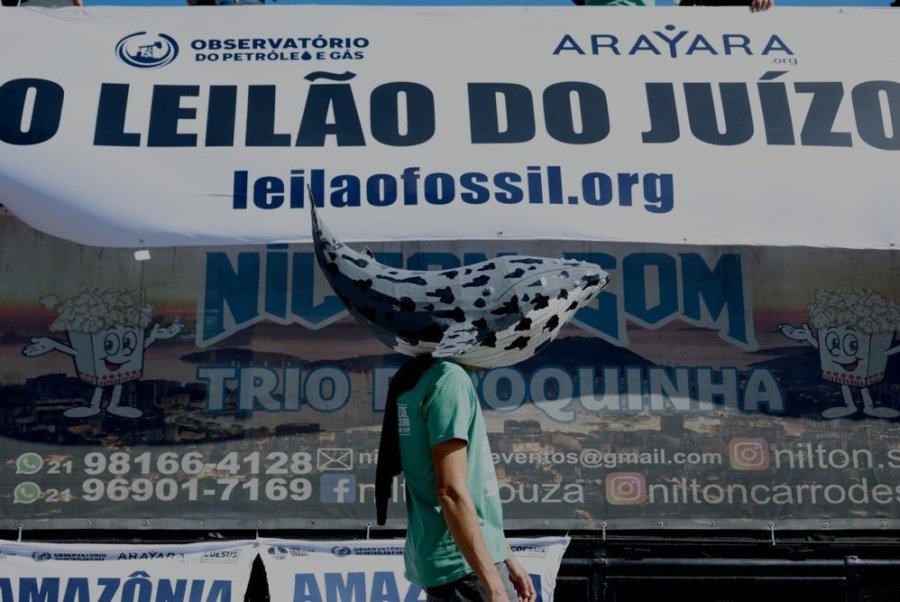Oct. 28 (UPI) — Brazil’s bid to turn the mouth of the Amazon River into a new oil frontier is facing institutional pushback.
While the national oil regulator recently awarded dozens of offshore blocks to Petrobras, ExxonMobil, Chevron Brazil and China’s CNPC, the Public Prosecutor’s Office is seeking to suspend the contracts and halt work on the first exploratory well.
It argues that mandatory social, environmental and climate impact studies were not conducted before the auctions and that potentially affected Indigenous communities were not consulted.
The Public Prosecutor’s Office filed a court motion to suspend the results of the National Petroleum Agency’s auction of 47 oil blocks and to freeze an environmental license granted to Petrobras to begin exploratory drilling.
According to the office, the lack of studies and consultations before the bidding process constitutes a serious violation of Brazil’s legal framework and of the international commitments the country has made.
The Foz do Amazonas Basin is part of the so-called Equatorial Margin, an offshore region that remains largely unexplored, but has drawn interest from major energy companies because of its estimated potential of up to 10 billion recoverable barrels.
But, it is also an environmentally sensitive area. Scientists and civil organizations warn that a spill could devastate mangroves, coral reefs and marine migration routes in a remote region where containment operations would be difficult.
From the government’s side, Energy and Mines Minister Alexandre Silveira defended the exploration campaign as a strategic effort to ensure the country’s energy sovereignty.
The minister emphasized that exploration in the area will be conducted under the highest sustainability standards, balancing environmental protection with job creation and income generation.
“Our oil is among the most sustainable in the world, with one of the lowest carbon footprints per barrel produced, just like our highly renewable energy matrix, which is an example for the world,” Silveira said.
Brazil’s environmental authority said the operating license granted to Petrobras on Oct. 20 for Block FZA-M-59, situated off Amapá state about 110 miles from the coast and 310 miles from the mouth of the Amazon River, is limited to research and subject to strict conditions.
Petrobras said its exploratory rig is ready to operate and that drilling will take about five months to collect geological data.
Block FZA-M-59 is estimated to have the potential to open a new energy frontier for Brazil, with projected investments of about 300 billion reais and government revenue of more than 1 trillion reais over the coming decades. The project is expected to create more than 300,000 direct and indirect jobs, strengthen the local economy and increase royalty income.
The dispute comes at a politically sensitive time.
Belém, the capital of Pará state and gateway to the Amazon estuary, will host COP30 from Nov. 10 to 21.
Environmental groups such as Observatório do Clima have called the policy inconsistent, arguing that authorizing exploration along the Equatorial Margin “sabotages” COP30 and weakens the climate leadership Brazil claims to uphold.
They say the country does not need to open new oil frontiers if it wants to maintain its climate credibility.

